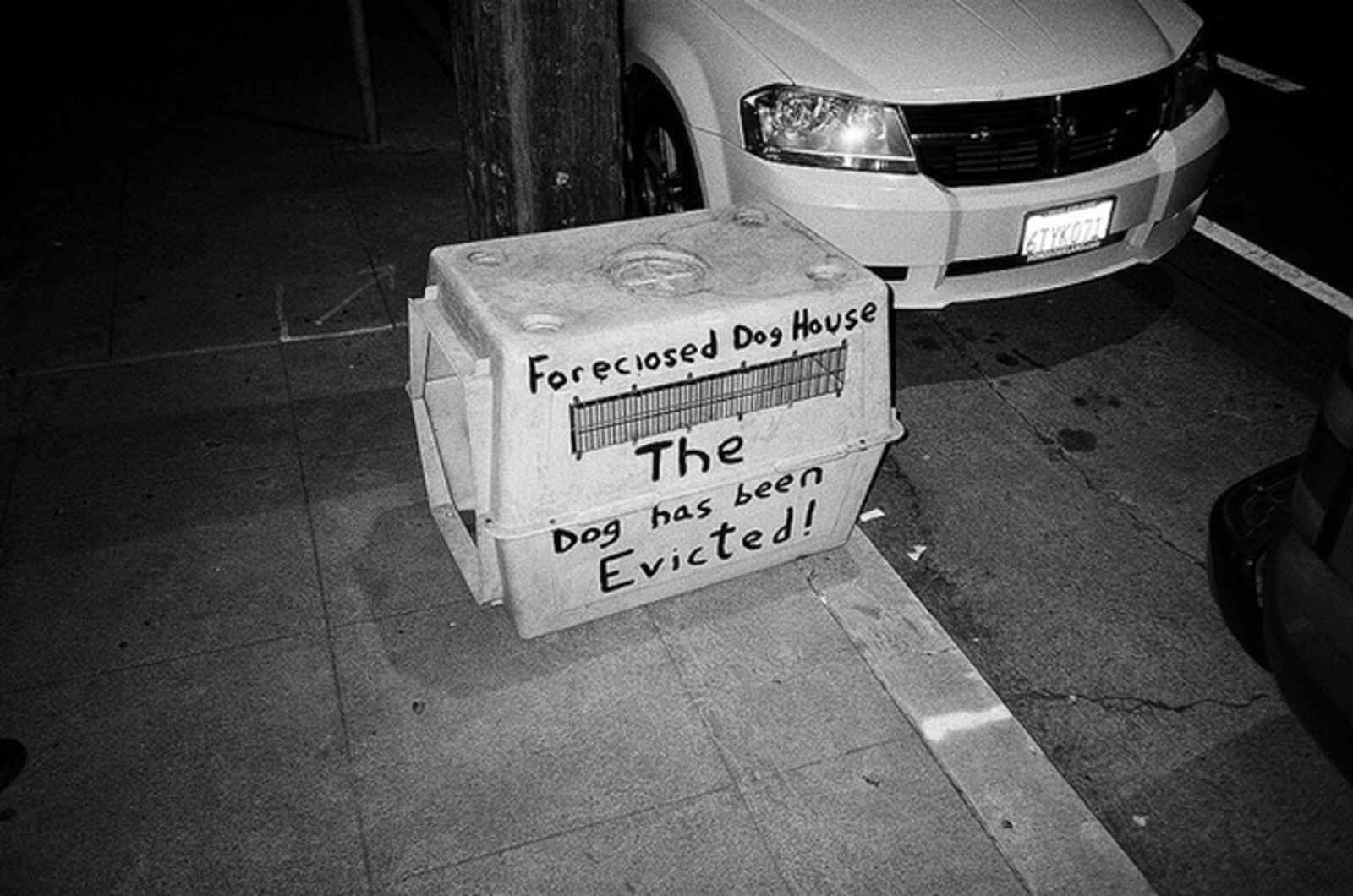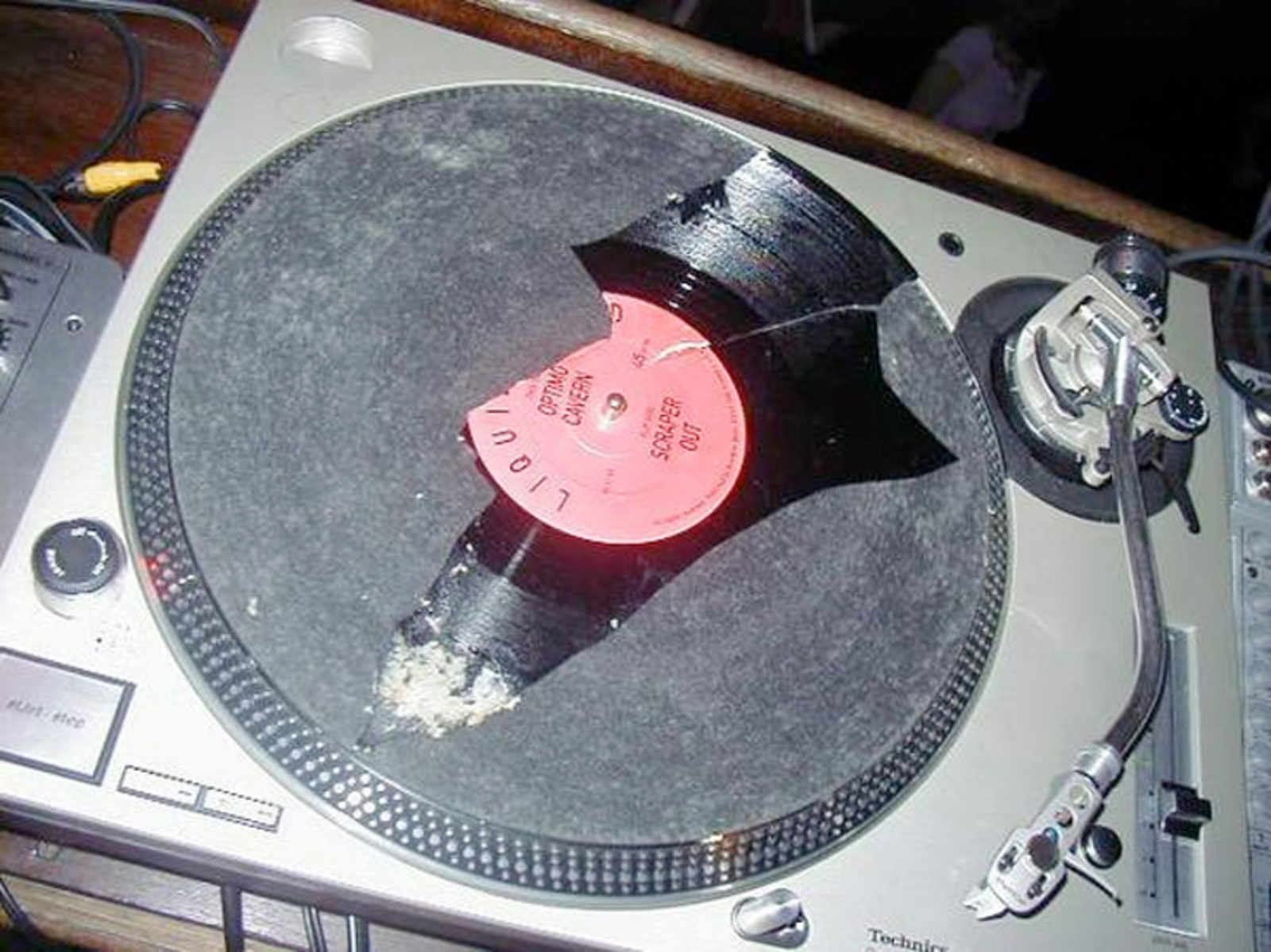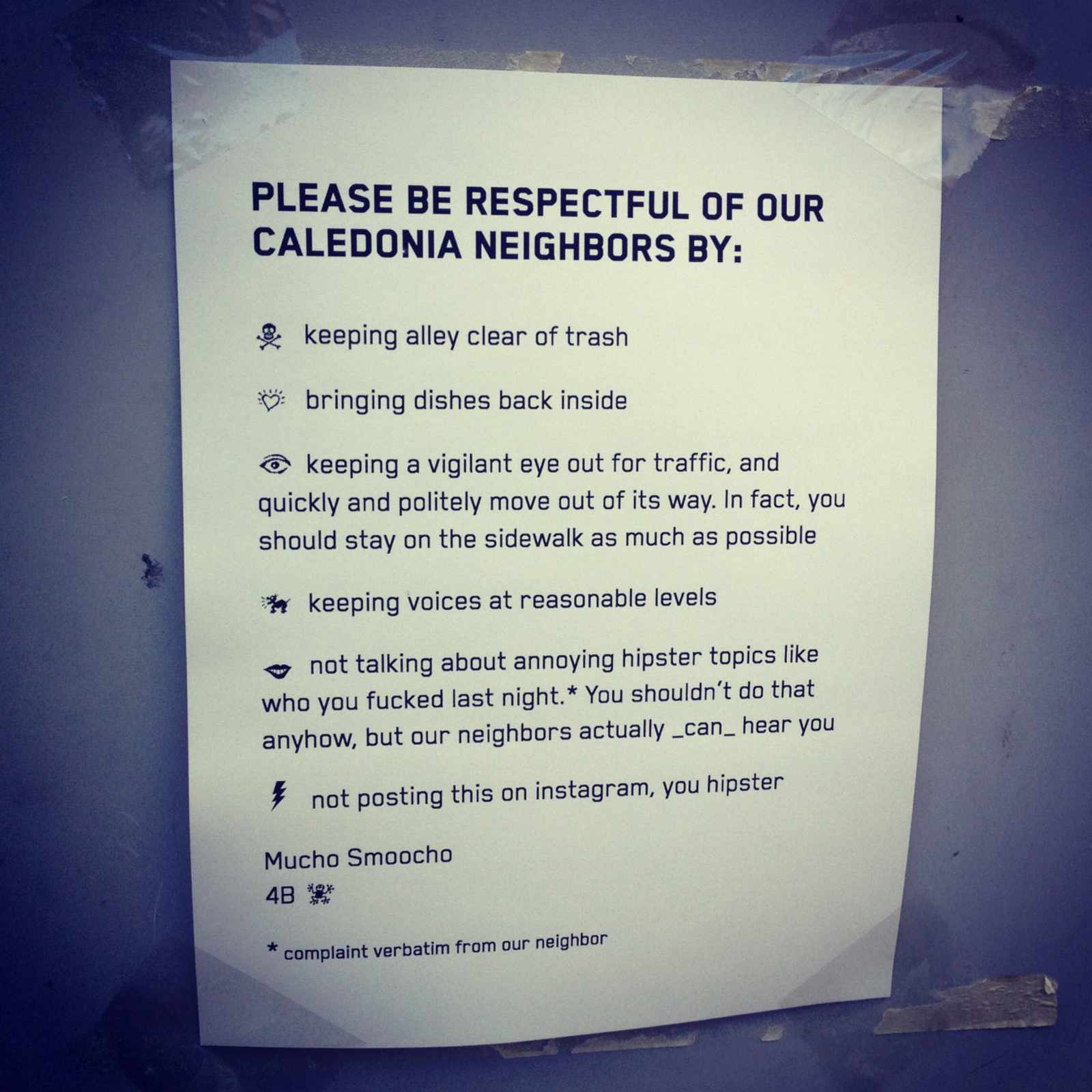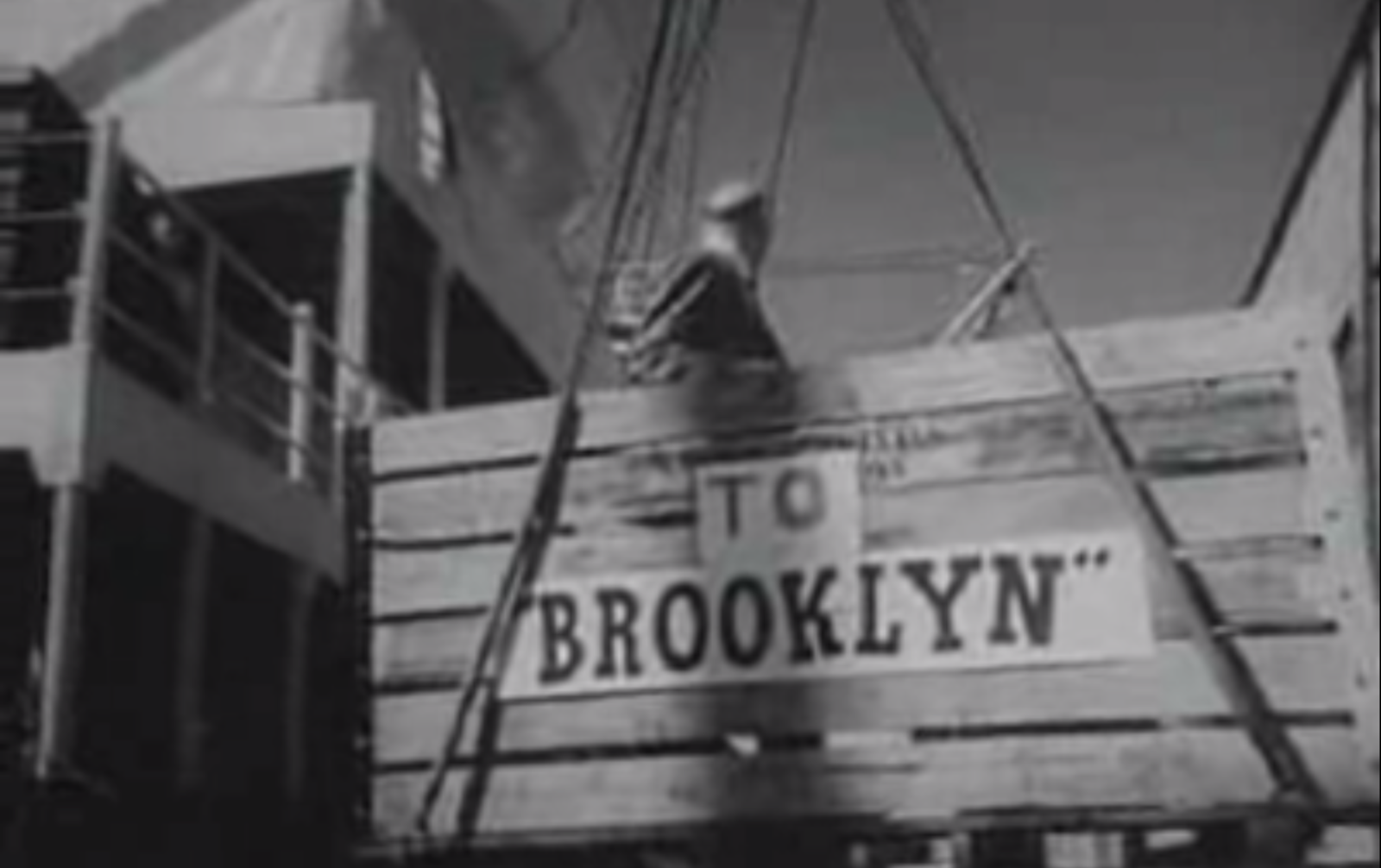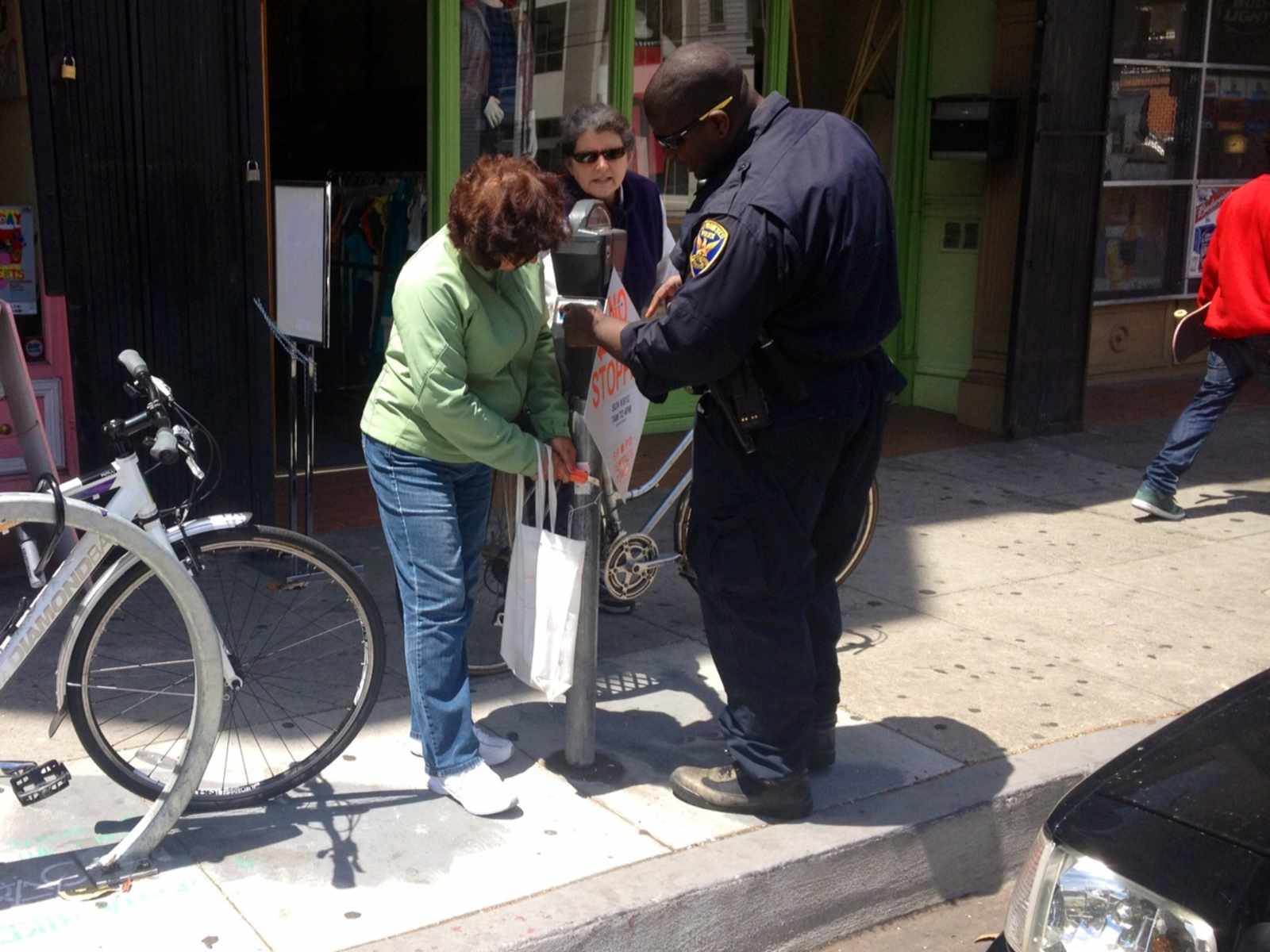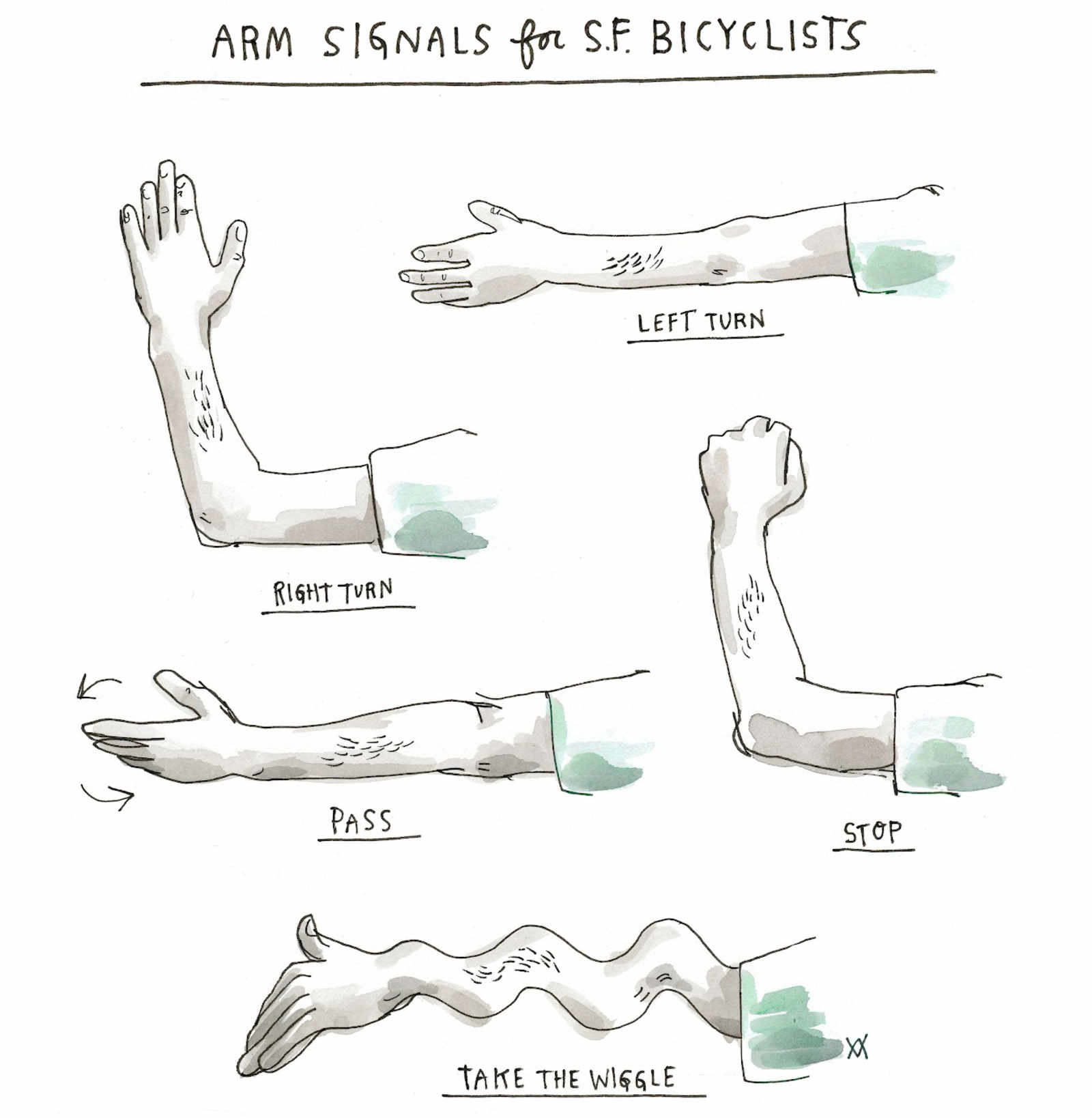
Titled “How to Live Without Irony,” the New York Times recently published a paraphrastic update of AdBuster's seminal 2008 essay identifying icky hipsters as the “end of Western Civilization.” I quickly dismissed the highbrow rehash as “meh,” but it got under my skin like any sweeping, broad-stroked dismissal of a generation does.
To quote:
The hipster haunts every city street and university town. Manifesting a nostalgia for times he never lived himself, this contemporary urban harlequin appropriates outmoded fashions (the mustache, the tiny shorts), mechanisms (fixed-gear bicycles, portable record players) and hobbies (home brewing, playing trombone). He harvests awkwardness and self-consciousness. Before he makes any choice, he has proceeded through several stages of self-scrutiny. The hipster is a scholar of social forms, a student of cool. He studies relentlessly, foraging for what has yet to be found by the mainstream. He is a walking citation; his clothes refer to much more than themselves. He tries to negotiate the age-old problem of individuality, not with concepts, but with material things.
He is an easy target for mockery. However, scoffing at the hipster is only a diluted form of his own affliction. He is merely a symptom and the most extreme manifestation of ironic living. For many Americans born in the 1980s and 1990s — members of Generation Y, or Millennials — particularly middle-class Caucasians, irony is the primary mode with which daily life is dealt. One need only dwell in public space, virtual or concrete, to see how pervasive this phenomenon has become. Advertising, politics, fashion, television: almost every category of contemporary reality exhibits this will to irony.
I should start off by acknowledging that I'm not totally sure I understand the concept of irony. Alanis Morissette once told me it's like rain on your wedding day, which sounds reasonable. The dictionary that comes preloaded with my post-ironic MacBook defines it as “sarcasm” (I'm paraphrasing) and “a state of affairs or an event that seems deliberately contrary to what one expects and is often amusing as a result” (I'm not paraphrasing). But for the purposes of the Times' article, Urban Dictionary's definition shall suffice: “A descriptive form for describing someone who is acting wimpy or like a Canadian.”
On face, the author rejects irony as an insincere “shield” that protects the cautious and insecure from rejection and criticism (you know, because hipsters are never chastised in American culture). As if modern hipster “fashion” can only be described as a kitschy defense from having to make real choices.
Please.
There's this prevailing myth in amongst people who Don't Get It that irony has to be the manifestation of cowardice. Fictional characters such as 30 Rock's Frank Rossitano fuel this belief—a man who not only wears different ironic trucker hats in every episode, but spews irony to mask and deny his true nerdy and, perhaps, “lame” passions and sexual insecurity. It makes great comedy, and there are undeniably some real world examples of these types of people, but it's hardly the rule. Ignoring the reality that the ironic hipster is mostly extinct (replaced by scumbags and twee), the author falsely assumes it's impossible that some people might be legitimately passionate about kitsch (see every grandparent's house ever). Worse, she ignores the reality that irony is seen by many as the modern anti-fashion movement—a tongue-in-cheek yet honest rejection of expensive clothing sold to us in glossy magazines and pastel Old Navy commercials. Like the grunge movement before us that the author holds in such regard, hipsters too don't want to wear mall fashion or dump hundreds of dollars on Bedford/Valencia designer wear promoted to marketing interns in The Bold Italic.
Of course, it's not all about fashion and cowardice:
I, too, exhibit ironic tendencies. [KM: Isn't this a classic example of hipster calling the kettle black? What? Argh, I'm not going to touch THAT.] For example, I find it difficult to give sincere gifts. Instead, I often give what in the past would have been accepted only at a White Elephant gift exchange: a kitschy painting from a thrift store, a coffee mug with flashy images of “Texas, the Lone Star State,” plastic Mexican wrestler figures. Good for a chuckle in the moment, but worth little in the long term. Something about the responsibility of choosing a personal, meaningful gift for a friend feels too intimate, too momentous. I somehow cannot bear the thought of a friend disliking a gift I’d chosen with sincerity. The simple act of noticing my self-defensive behavior has made me think deeply about how potentially toxic ironic posturing could be.
First, it signals a deep aversion to risk. As a function of fear and pre-emptive shame, ironic living bespeaks cultural numbness, resignation and defeat. If life has become merely a clutter of kitsch objects, an endless series of sarcastic jokes and pop references, a competition to see who can care the least (or, at minimum, a performance of such a competition), it seems we’ve made a collective misstep. Could this be the cause of our emptiness and existential malaise? Or a symptom?
Leif Parsons
Throughout history, irony has served useful purposes, like providing a rhetorical outlet for unspoken societal tensions. But our contemporary ironic mode is somehow deeper; it has leaked from the realm of rhetoric into life itself. This ironic ethos can lead to a vacuity and vapidity of the individual and collective psyche. Historically, vacuums eventually have been filled by something — more often than not, a hazardous something. Fundamentalists are never ironists; dictators are never ironists; people who move things in the political landscape, regardless of the sides they choose, are never ironists.
Okay, maybe it's all about fashion and cowardice.
On that premise, I have to disagree. Is “irony” more about fear of rejection as it is about rejection of society itself? For example, I drink at scummy dive bars, not because I crave the scent of urine and the company of career drunks and semi-literate bike messengers, but because the alternative is just awful. Waiting 10 minutes for an overpriced drink at upscale pseudo-dives like Dear Mom or blowing $10 for a giant ice cube with alcohol in the presence of boring foodies is hardly enjoyable, if not depressing. So frequenting dives could be seen as “ironic” because I work in an office and read political non-fiction for fun, but how else do you escape the world of escalating pretension and praise (besides shooting heroin in a Seattle greenhouse)?
This isn't to say irony is the catch-all for people with nothing left to love. On the contrary, much like how dive bars and aging drunks can be brilliant and rewarding to interact with if you approach them with a not-shitty attitude, many so-called ironists are passionate about plenty of things: comedy, art, their jobs, their education, graffiti, politics, current events, cycling, the perfect grilled cheese sandwich, photography, family, fashion, the environment, blogging (gulp)…hell, many ironic hipsters are some of the most intense sports fans I've even known. And that's just it, just because someone isn't outwardly buying into the culture you perceive as important or, God-forbid, approaches gift-giving with a sense of whimsy doesn't mean they're culturally spineless.
Conversely, oozing sincerity has become one of the ultimate forms of insincerity. We increasingly live in an age of Public Relations—an age in which people are terrified of being honest and critical, as calling something or someone out on their obvious bullshit might see themselves labeled a “hater” and lose a Twitter follower who can't take it. In effect, irony ironically remains one of the last forms of authenticity—a backhanded rejection of all society's garbage and empty praises. For every thick-rimmed nerd wearing a Justin Bieber shirt in self-defense (I've never seen one, but I guess one might exist somewhere), I'll show you dozens of people living their life without care for the prevailing winds of mainstream culture while channeling their energies into what they genuinely care about.
Of course, by the author's definition, the very act of responding and putting myself out there means I can't be a hipster or fundamentally ironic. I've exposed myself to risk, by way of criticism from my peers, through taking the time to explain my thoughts and feelings with baseline sincerity, ergo I can't possible be an ironist.
She's totally right.
But enough with irony and other such gobbledygook. The article is already being feverishly passed around Twitter by aging cool kids and self-loathing hipsters, as if this one essay is the blow that sends the gaudy and sneering towers of Millennial hipsterism crashing down to earth. But as anyone who has even casually paid attention to the internet over the past seven years can tell you: nothing garners pageviews and retweets like clumsy hipster-bashing. And there's nothing ironic about that.
Sent from my iPhone


